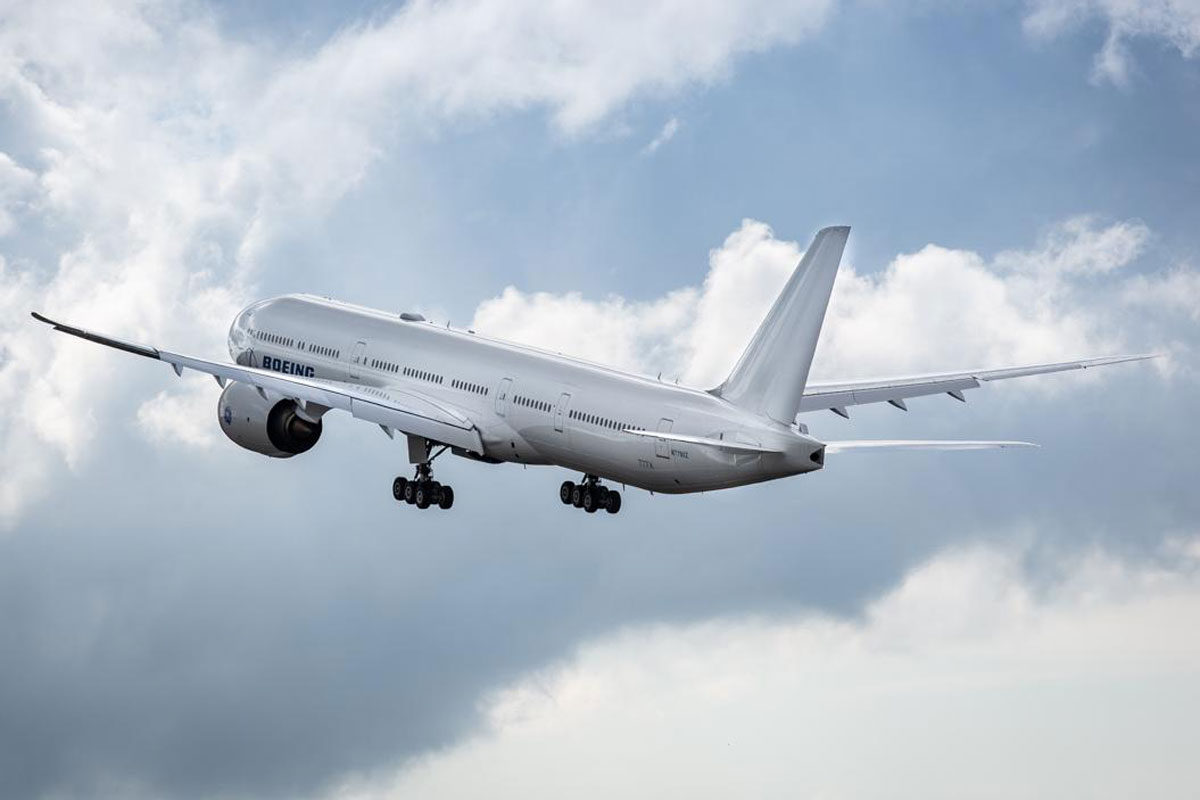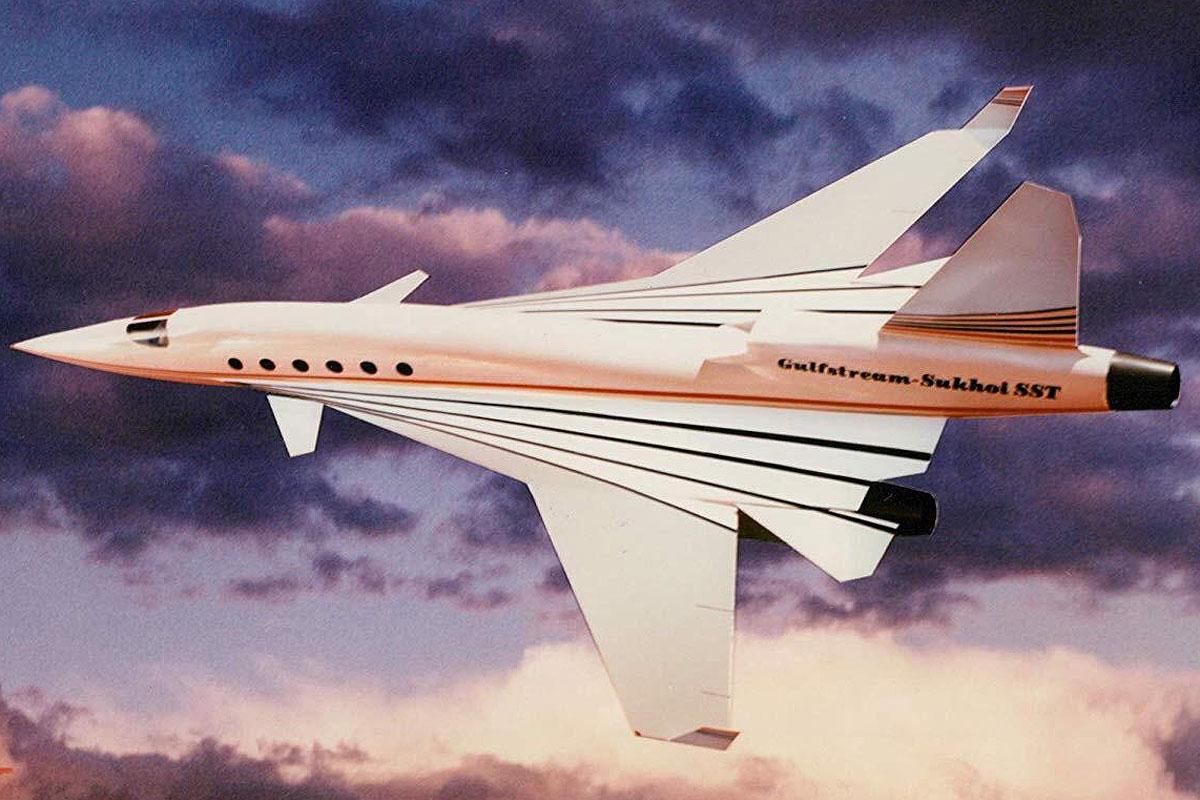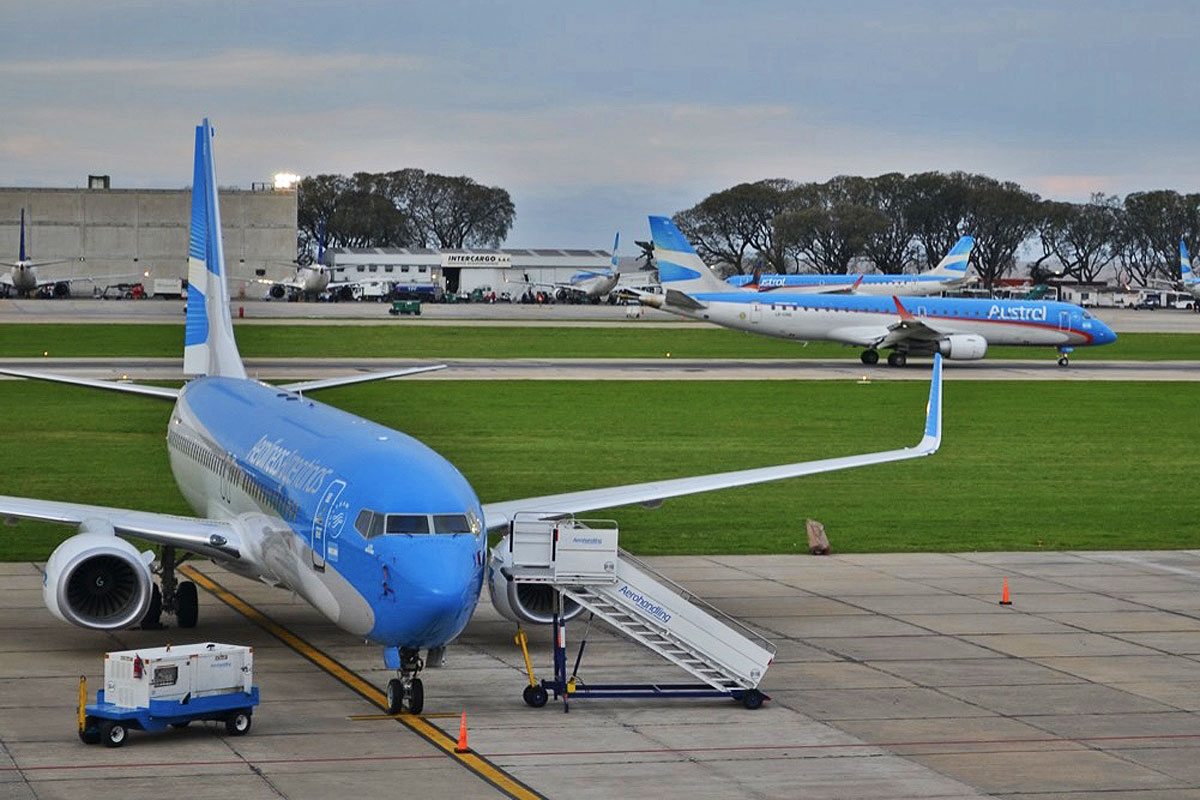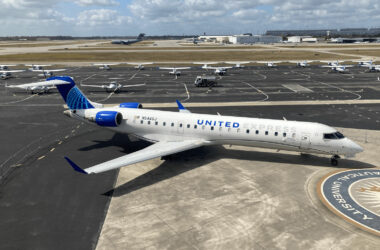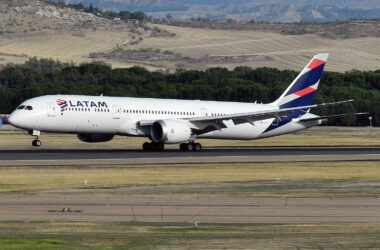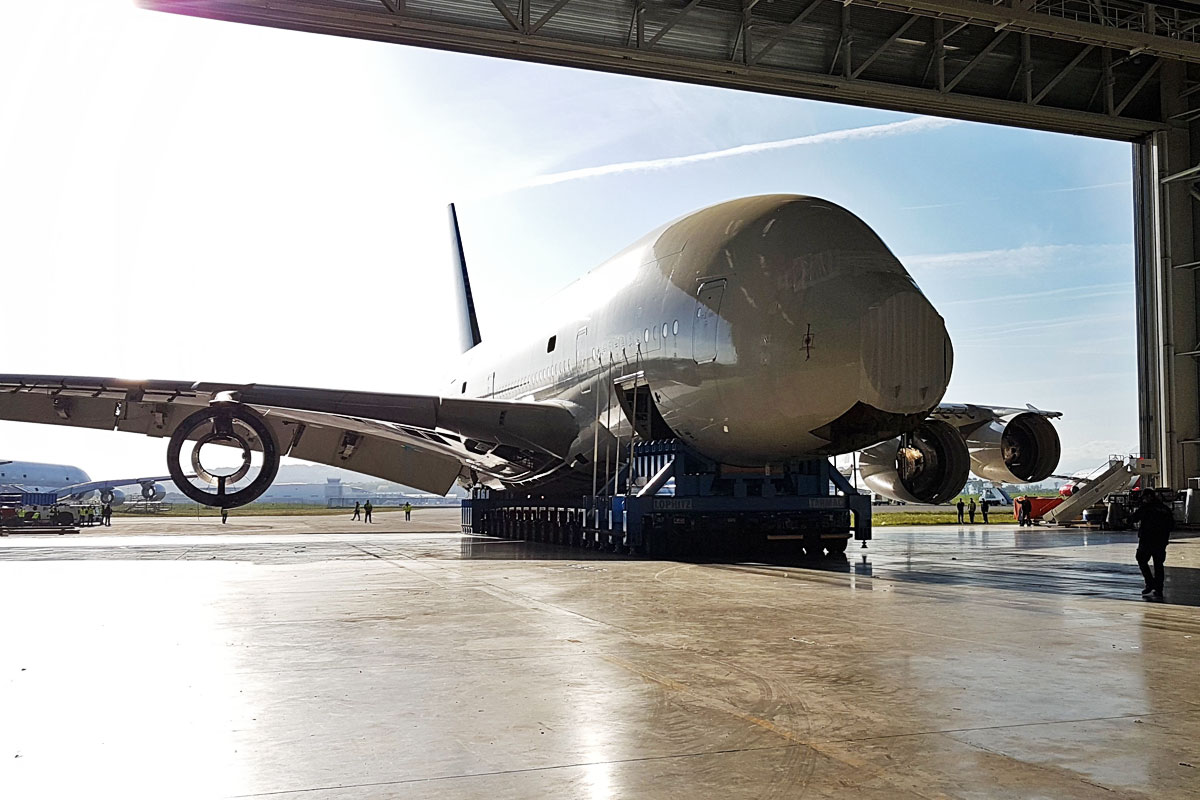Faced with a forecast where the demand for passengers on long-haul flights has declined brutally and which indicates a tendency for a long resumption, what to do with a jet capable of carrying more than 400 people? This is the dilemma that Boeing must try to address in the coming years. After all, can the 777X, the largest twin-engine jet in history, repeat the failure of the A380?
Until a few years ago, launching the 777X seemed natural to Boeing. The aging of four-engine aircraft and the high cost of operating them indicated an opportunity that only the US manufacturer was able to take advantage of without having to launch a clean-sheet project. All because of the successful 777, which, using the evolution obtained in the 787, became an efficient aircraft and at the same time with an unmatched capacity.
When it was confirmed in 2013, the 777X presented itself as an alternative for customers of the original series of the jet and also for airlines that operated the 747. In addition, the new family, formed by the models 777-8 and 777-9, offered greater range and passenger capacity than the Airbus A350.
Since then, however, the market for long-haul international flights has changed. Firstly, with the expansion of direct routes between smaller cities provided by widebodies such as the 787 and A350. Later, with the arrival in the market of narrow-body jets with greater range, such as the A321LR and even the A320neo and 737 MAX, capable of absorbing part of the demand that was previously required to travel to large hubs to reach their destinations.
But it was undoubtedly the COVID-19 pandemic that made the future of large passenger planes unknown. Today Boeing and Airbus suffer from few orders for their widebodies already certified and smaller than the 777X.
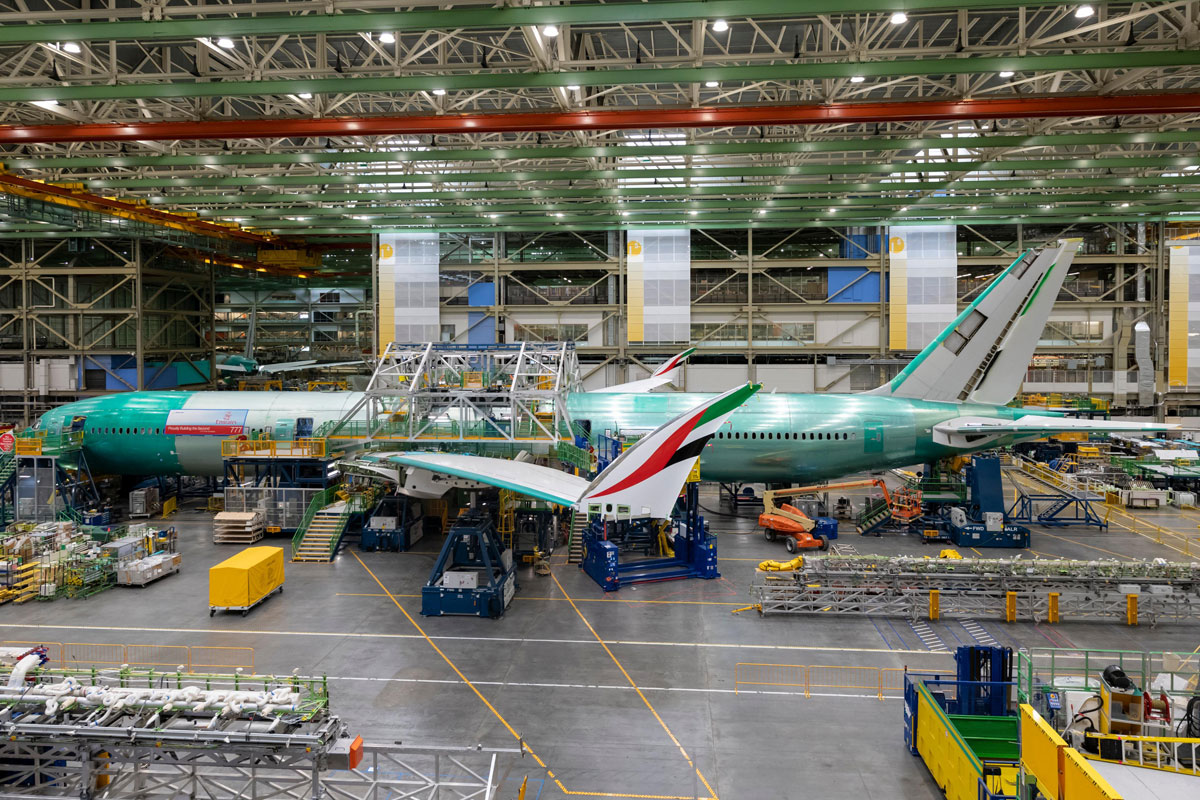
No turning back
Despite this unpredictable scenario, Boeing continues to develop the 777X. With four aircraft of the 777-9 variant undergoing tests, in addition to being on the final stretch of assembling the first production models, the US planemaker plans to obtain certification for the massive jet in 2022, when it will then deliver the first units to Lufhtansa.
It remains to be seen whether the order backlog will survive until then. Until October, Boeing had 309 orders for the model, half of them from three Middle Eastern airlines – Etihad, Qatar Airways and Emirates. The United Arab Emirates airline, which closed the biggest deal for the 777X to date, has already reduced its contract and is studying a new change in the face of less optimistic expectations in its passenger demand.
The big question is whether Boeing is not digging its own grave when moving forward with this program. Jens Flottau, executive editor of Aviation Week, published an article assessing whether the 777X program should be terminated. In his opinion, despite the uncertain future, there is no way back, since most of the investment was made. But it will certainly be as painful a certification process as the one that led the FAA to review changes to the 737 MAX for several months.
For Flottau, however, the 777X is essential because the classic 777 and 787-10 cannot compete with the A350. According to him, the twin engine giant will serve at least to make Airbus give greater discounts on its planes. The rule also applies in the opposite direction in relation to the A330neo, which has modest sales, but manages to put commercial pressure on Boeing with the Dreamliner.




